Tools for resilience
Knowing what to do is different from doing it . Unsurprisingly.
When I was writing the bulk of my book, things were going very nicely indeed for my family. We'd had three years of thoroughly enjoying the small things of normal life. Then my daughter suffered from a relapse. It was way easier than first time round. But I continued to screw up, and I sought out even more resources, all to build me up faster than I was getting knocked down.
All this learning is laid out for you in my resources:
- Chapters 13 and 15 of my book
- Many audios in my Bitesize audio library, grouped under the topic of "Your wellbeing"
- I produced guided compassion meditations audios to change your state by acting directly on your emotions, bypassing the cerebral. Because you can't be compassionate just by telling yourself you ought to be.
- My guide to self-compassion on 'Self-compassion: how to recover your inner strength'
- My page: 'Three routes out of post-traumatic stress disorder'
- I run short and accessible online workshops where I share and let you experience the best of the wellbeing tools
Other fantastic resources
Kristin Neff gives simple steps for self-compassion on https://self-compassion.org/. Kindness should be an explicit component in compassion and self-compassion and in any meditation or self-soothing you engage in.
Here's one (among many) video where Kristin Neff explains the components of self-compassion:
There's more in her book:
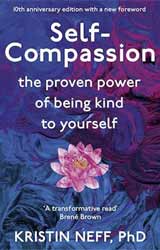
I really like how Paul Gilbert (Compassion Focused Therapy) explains self-compassion. He makes it scientific and non-fluffy, which might appeal to some of the people in your life who cannot bear touchy-feely stuff.
There is a four-part workshop of his on Youtube, starting with this one. I'm hooked.
And here's his book:
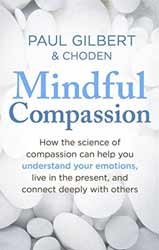
I like this introduction to meditation (why? how?) by Tara Brach. Her website is fantastic for guided meditations and more learning and you can also get her talks and meditations via podcasts.
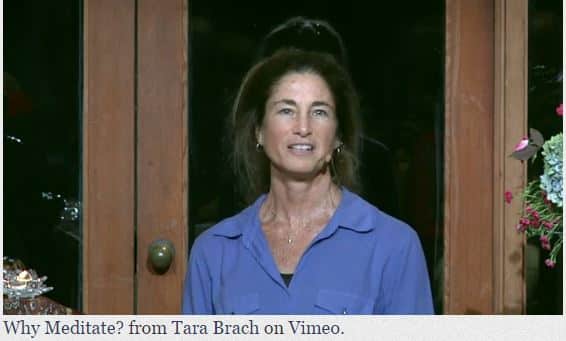
I highly recommend her book True Refuge:

I also recommend the warm, joyful and compassionate and utterly sensible podcast 'In the deep' with Catherine Ingram

Sounds True is a comprehensive online shop for books, audios, podcasts and tele-conferences related to mindfulness. It's worth getting on their mailing list.
Guided meditations
Whether or not you're used to meditation, I would encourage you to check out guided meditations on YouTube or on mindfulness apps like HeadSpace or Insight Timer or Calm.
These apps have so much, nowadays, that it makes some of the following suggestions a little redundant:
There are different types of meditations and they have different effects, so see what works for you. I'd recommend anything that gets you out of fight-flight-freeze and reduces stress hormones by guiding you through kindness, calm, trust, gratitude, an open heart (so use those as keywords as you search for meditations).
Here's a 9 mn gratitude meditation which I think uplifts and is relevant even when things are so tough you may think there is no gratitude in you:
Look also for 'LovingKindness' or 'Metta' meditations. They are simple: 'May I/you feel safe. May I/you be happy. May I/you feel strong. May I/you live with ease.'
Meditations that are only about a single point of focus — focus on breath, focus on an object or mantra — may be less useful to you at the moment.
Here are some of meditations I found helpful – there are plenty more out there.
I like a 10 minute guided meditation, 'Expansion and self-compassion mindfulness exercise', with Naomi Goodlet. It has helped me get unstuck from unwelcome feelings and dip into kindness.
For a quick 6 minutes of heart-opening, I also like this guided meditation by Robert Strock. It's about setting the intention to be kind to yourself and others when you notice you're closing up.
I have a list of YouTube videos I have found useful on the subject of compassion and self-compassion. To get updates about resources I am creating for you, do sign up to my mailing list.
Sleep
It's common for us parents to have trouble with sleep, yet good sleep does help us cope with the day. If you'd like help to sleep peacefully, there are many hypnotic recordings on YouTube and in meditation apps like Headspace or Insight Timer which can last anything between 10mn and all night.
Indeed, Headspace has a huge section for sleep: whether you want a voice, or music or a guided relaxation.
To get help for free, here are some more tips:
One of my own guided meditations has a 'sleep' version. When I used to get very upset I found it helpful to go to sleep with open-hearted messages.
YouTube hypnotic sleep meditations that have worked well for me include those of Jody Whiteley (such as 'Emotional Healing for Grief Loss & Broken Hearts') and the regular offerings from Lauren Ostrowski Fenton.
For one of these YouTube meditations to help you with sleep, make sure Autoplay is off, and that you're not using a Playlist. That way, YouTube will stop playing once your video ends. If you're using podcasts or audios that play through a podcast player (I use Podcast Addict), look for sleep settings.
As I update this, I note there are now so many apps that may help you sleep — usually mindfulness / mediation apps. For instance "Calm" has "sleep stories": these are designed to be vaguely interesting, to interrupt your busy mind, but bland enough you can drift off before they end.


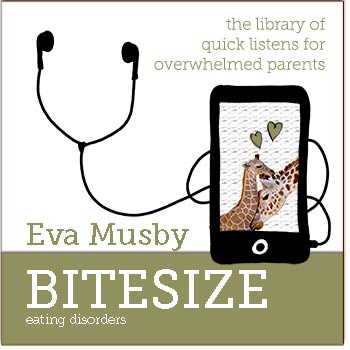



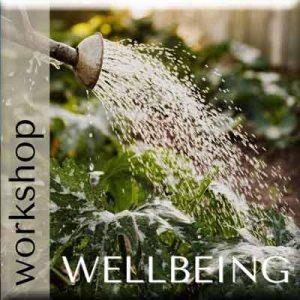
LEAVE A COMMENT (parents, use a nickname)